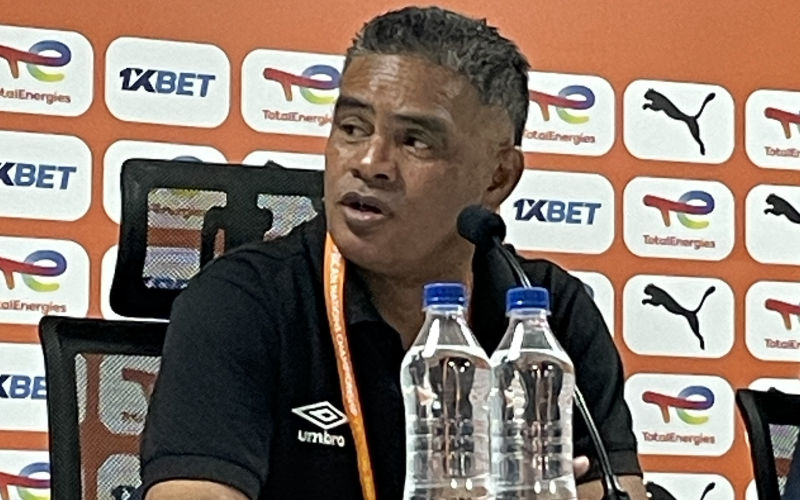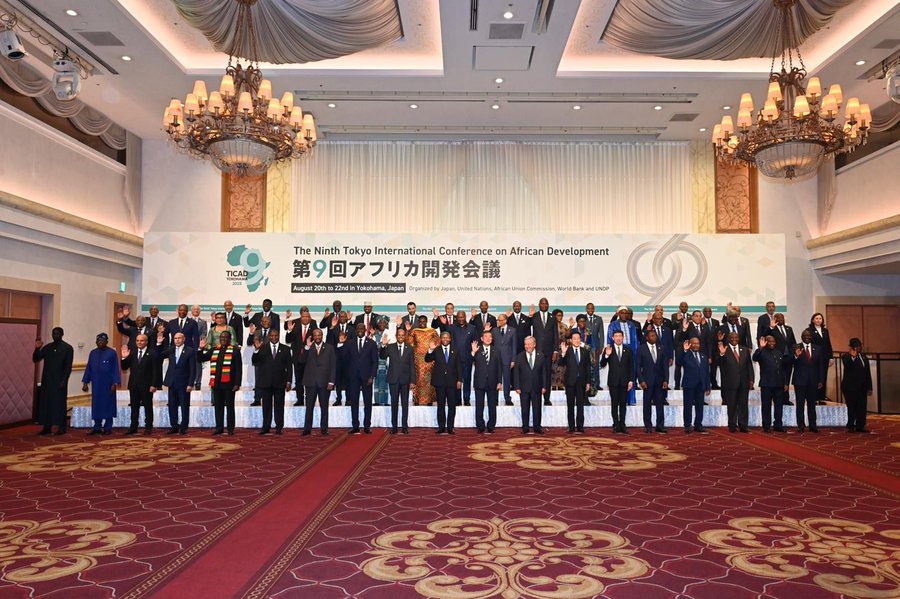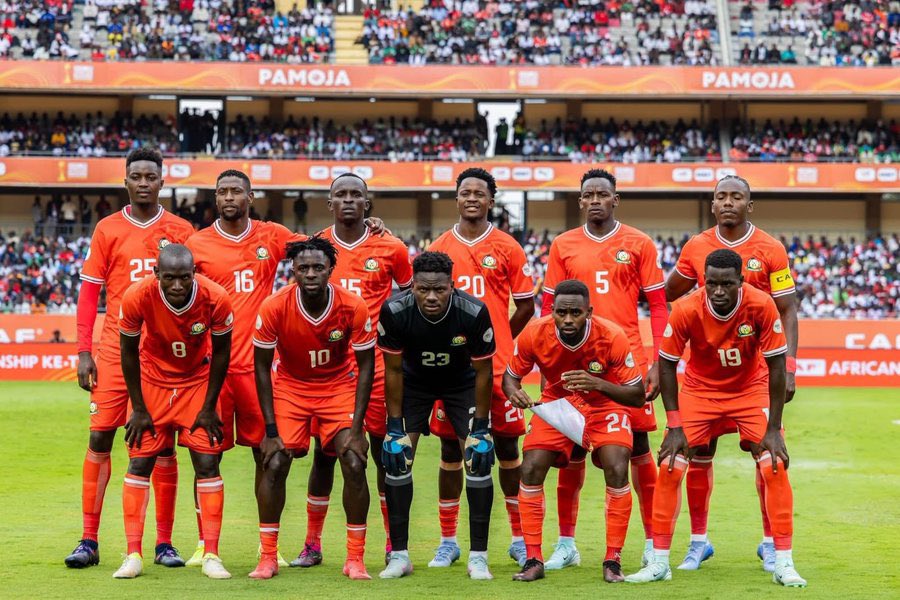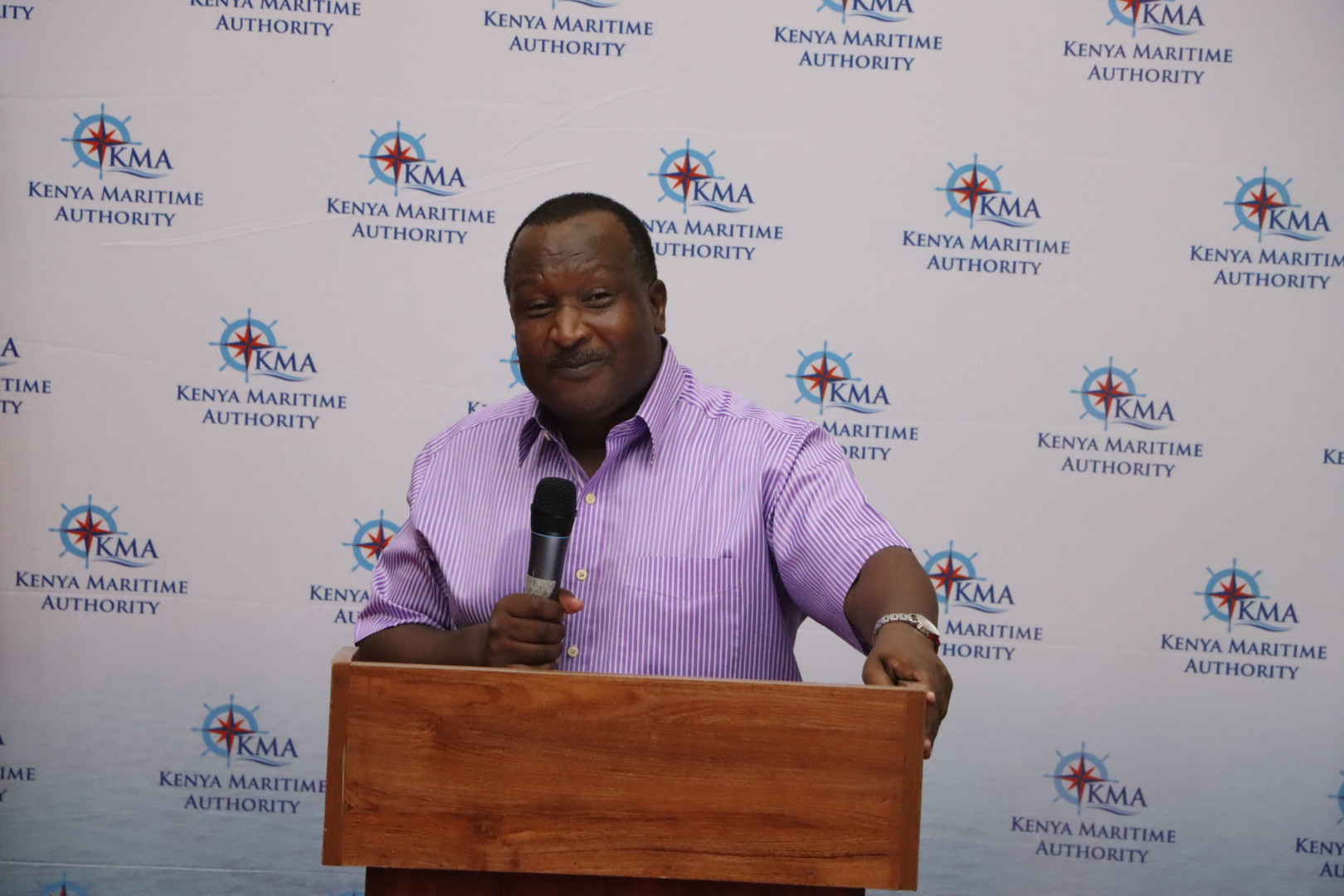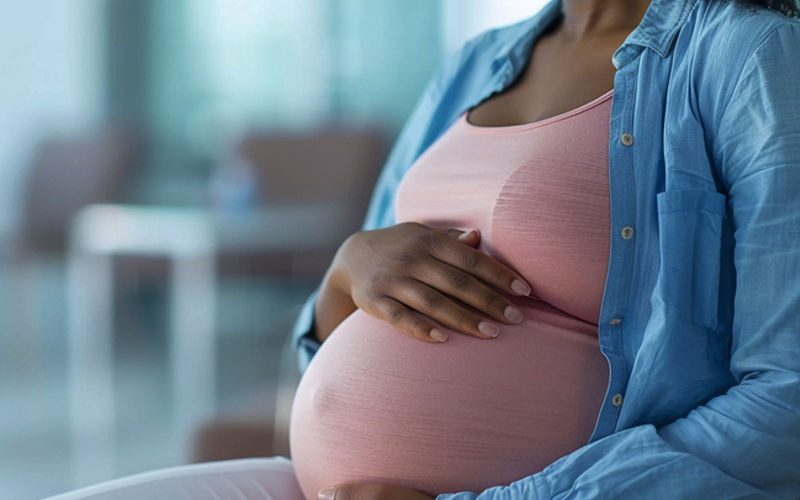Only three African countries will attain universal clean cooking access by 2050 - IEA
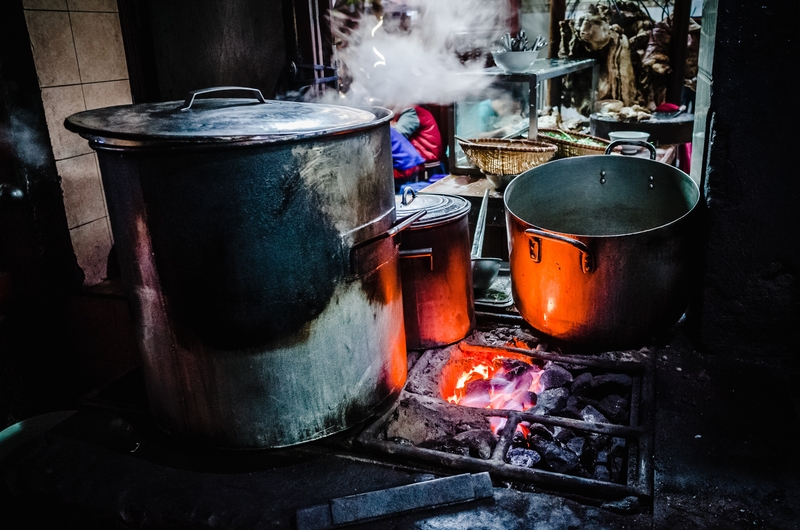
Africa’s struggle to meet clean cooking targets stands in stark contrast to the broader global progress, with the continent notably falling behind.
Africa faces a daunting challenge in achieving universal access to clean cooking, with only three out of 54 countries expected to reach this goal by 2050. This is if current government actions, investments and market trends remain unchanged.
The International Energy Agency (IEA) highlights this alarming projection in its latest energy report, dubbed ‘Universal Access to Clean Cooking in Africa’.
More To Read
- MPs unlock funds to revive 13 mini-grids in six remote counties
- Nine foods and things you should never put in your microwave
- AfDB powers regional growth with Sh67.7 billion clean energy investment in Tanzania, Rwanda and Zambia
- Biogas potential untapped despite promise for green drive, rural development - study
- Relief ahead as oil prices set to stabilise at lower levels over the rest of 2025
- Climate change, AI to drive power demand over the next 2 years, IEA Report shows
“Sub-Saharan Africa could achieve universal coverage by 2040, if countries were to replicate the best historical rates of progress seen in similar countries around the world, a pathway explored in the new Accelerating Clean Cooking and Electricity Services Scenario (ACCESS),” the report reads.
Access, an initiative of the agency, outlines what it would take to achieve universal access to clean cooking and electricity by key target years 2030 or 2040.
Notably, it is part of the IEA’s broader efforts to model and promote pathways toward universal energy access, especially in support of Sustainable Development Goal 7.
The Goal seeks to ensure access to affordable, reliable, sustainable and modern energy for all.
Africa’s struggle to meet clean cooking targets stands in stark contrast to the broader global progress, with the continent notably falling behind.
While the report underscores significant global strides in expanding access to clean cooking solutions, it points out that progress in Africa has remained sluggish and uneven.
“Today, two billion people worldwide, a quarter of the global population, still cook over open fires or on basic stoves, inhaling harmful smoke and spending hours in search of fuels such as firewood or animal waste,” IEA says.
“Since 2010, almost 1.5 billion people in Asia and Latin America have gained access to modern cooking stoves and fuels, halving the number of people without clean cooking in the span of fifteen years.”
In sub-Saharan Africa, however, IEA says the number of people without access has continued to grow, reaching around one billion today and affecting roughly four in every five households.
The lack of clean cooking harms health, economic development, education and the environment.
The report findings show harmful cooking solutions contribute to 815,000 premature deaths annually in Africa alone due to the health impacts of household air pollution.
Across the continent, women and girls spend on average four hours a day gathering fuel and cooking, often foregoing education or remunerated activities as a result.
The lack of clean cooking is also linked to the loss of 1.3 million hectares of forest each year, diminishing a key resource for the continent.
“The combined impact of this and direct emissions from a lack of clean cooking access is equivalent to a quarter of Africa’s energy-related CO2 emissions today.”
Nevertheless, the report highlights that reaching universal clean cooking access in Africa requires $37 billion (Sh4.8 trillion) in total investment through to 2040, more than $2 billion (Sh258.5 billion) per year.
Notably, one quarter goes toward infrastructure such as primary fuel storage, bottling facilities and upgrading distribution networks, with the remainder covering household equipment such as cylinders and stoves.
Top Stories Today

